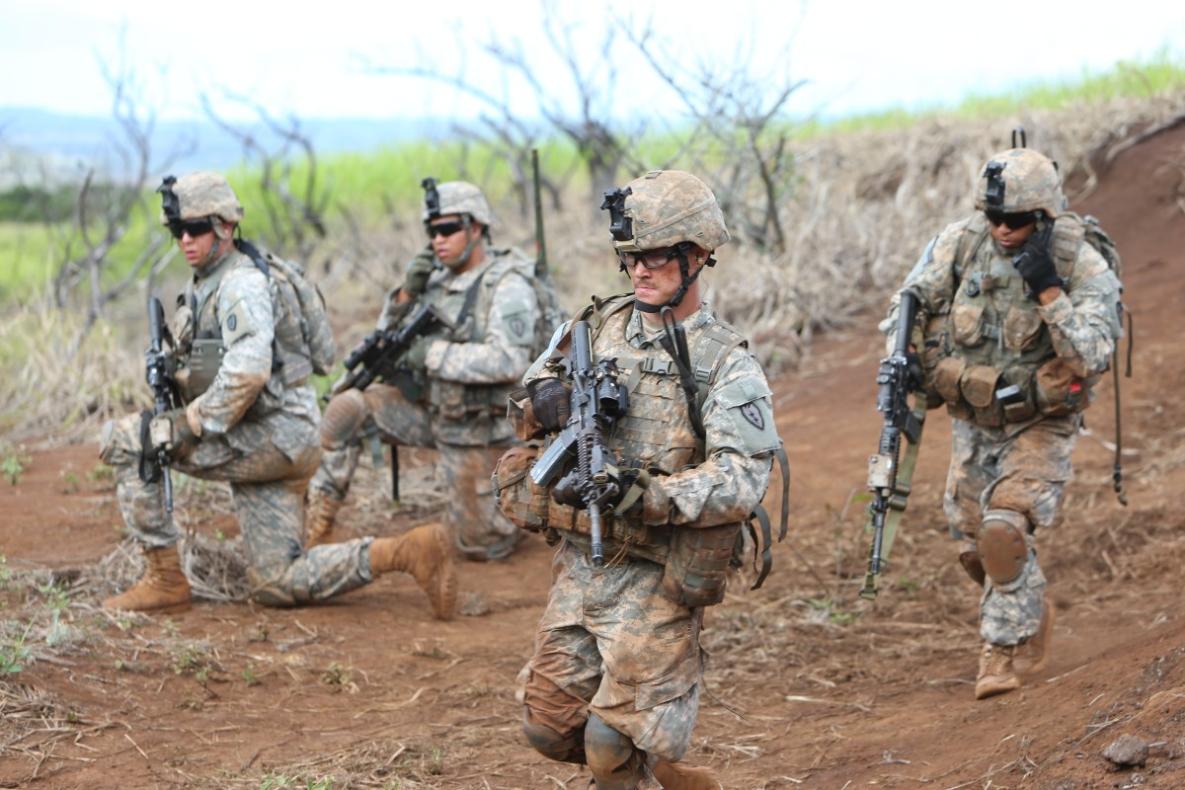Unlocking the Potential of CLI: A Comprehensive Resource for Soldiers
In the ever-evolving landscape of modern warfare, soldiers are increasingly required to possess a diverse range of technical skills to maintain operational effectiveness. Among these skills, the mastery of Command-Line Interface (CLI) tools stands out as a powerful asset, empowering soldiers to leverage the full capabilities of their systems and maximize their efficiency in various military operations.

Benefits Of CLI For Soldiers
- Enhanced System Control and Customization: CLI provides soldiers with granular control over their systems, allowing them to tailor configurations, optimize performance, and troubleshoot issues with greater precision.
- Efficient Automation of Repetitive Tasks: CLI enables the creation of scripts and commands to automate routine tasks, freeing up soldiers to focus on more complex and mission-critical activities.
- Improved Troubleshooting and Problem-Solving Skills: By working directly with the underlying system, soldiers develop a deeper understanding of its inner workings, enabling them to diagnose and resolve issues more effectively.
- Increased Situational Awareness through Real-Time Data Analysis: CLI tools allow soldiers to extract, analyze, and interpret data in real-time, providing them with a comprehensive understanding of the operational environment and enabling informed decision-making.
- Streamlined Communication and Information Sharing: CLI facilitates secure and efficient communication between soldiers and systems, enabling the seamless exchange of information and coordination of efforts.
Practical Applications Of CLI In Military Operations
- Network Management and Security: CLI tools are essential for configuring, monitoring, and securing military networks, ensuring reliable and secure communication channels.
- Data Analysis and Intelligence Gathering: CLI enables soldiers to analyze large volumes of data, extract valuable insights, and generate intelligence reports to support decision-making at various levels.
- Cyber Operations and Defense: CLI plays a crucial role in conducting cyber operations, defending against cyberattacks, and maintaining the integrity of military systems.
- Logistics and Supply Chain Management: CLI tools streamline logistics operations, enabling efficient tracking of supplies, inventory management, and transportation coordination.
- Mission Planning and Execution: CLI supports mission planning by providing soldiers with real-time data and enabling the creation of detailed作战计划.
Training And Resources For Soldiers To Master CLI
- Comprehensive Training Programs and Boot Camps: Military organizations should offer structured training programs and boot camps specifically designed to equip soldiers with the necessary skills and knowledge to master CLI.
- Online Courses and Tutorials Tailored for Military Personnel: Online resources, such as interactive courses and tutorials tailored for military personnel, can provide flexible and accessible learning opportunities.
- Hands-on Exercises and Simulations to Reinforce Learning: Practical exercises and simulations allow soldiers to apply their CLI skills in realistic scenarios, reinforcing their understanding and building confidence.
- Access to Open-Source Software and Documentation: Providing soldiers with access to open-source software and comprehensive documentation enables them to explore CLI tools and experiment with different applications.
- Encouragement of Peer-to-Peer Knowledge Sharing: Fostering a culture of peer-to-peer knowledge sharing and collaboration can accelerate learning and promote innovation within the military community.
Overcoming Challenges In CLI Adoption
- Addressing the Initial Learning Curve: CLI can initially appear daunting to those unfamiliar with command-line environments. Training programs should address this challenge by providing a structured and supportive learning environment.
- Ensuring Compatibility with Different Operating Systems: CLI tools may vary across different operating systems. Training should cover the nuances of using CLI in various environments to ensure soldiers can adapt to different scenarios.
- Providing Ongoing Support and Troubleshooting Assistance: Soldiers may encounter challenges while using CLI tools in the field. Establishing a robust support system, including documentation, online forums, and dedicated support personnel, can help address these issues promptly.
- Promoting a Culture of Innovation and Experimentation: Encouraging soldiers to experiment with CLI tools and explore new applications can foster a culture of innovation and continuous learning, leading to the development of novel solutions to operational challenges.
The mastery of CLI tools is a valuable asset for soldiers in modern warfare, empowering them to harness the full potential of their systems and enhance their operational effectiveness. By investing in comprehensive training programs, providing access to resources, and fostering a culture of innovation, military organizations can equip their soldiers with the skills and knowledge necessary to leverage CLI tools effectively. As technology continues to evolve, CLI will remain a critical tool for soldiers to maintain their edge in an increasingly complex and interconnected world.
YesNo

Leave a Reply